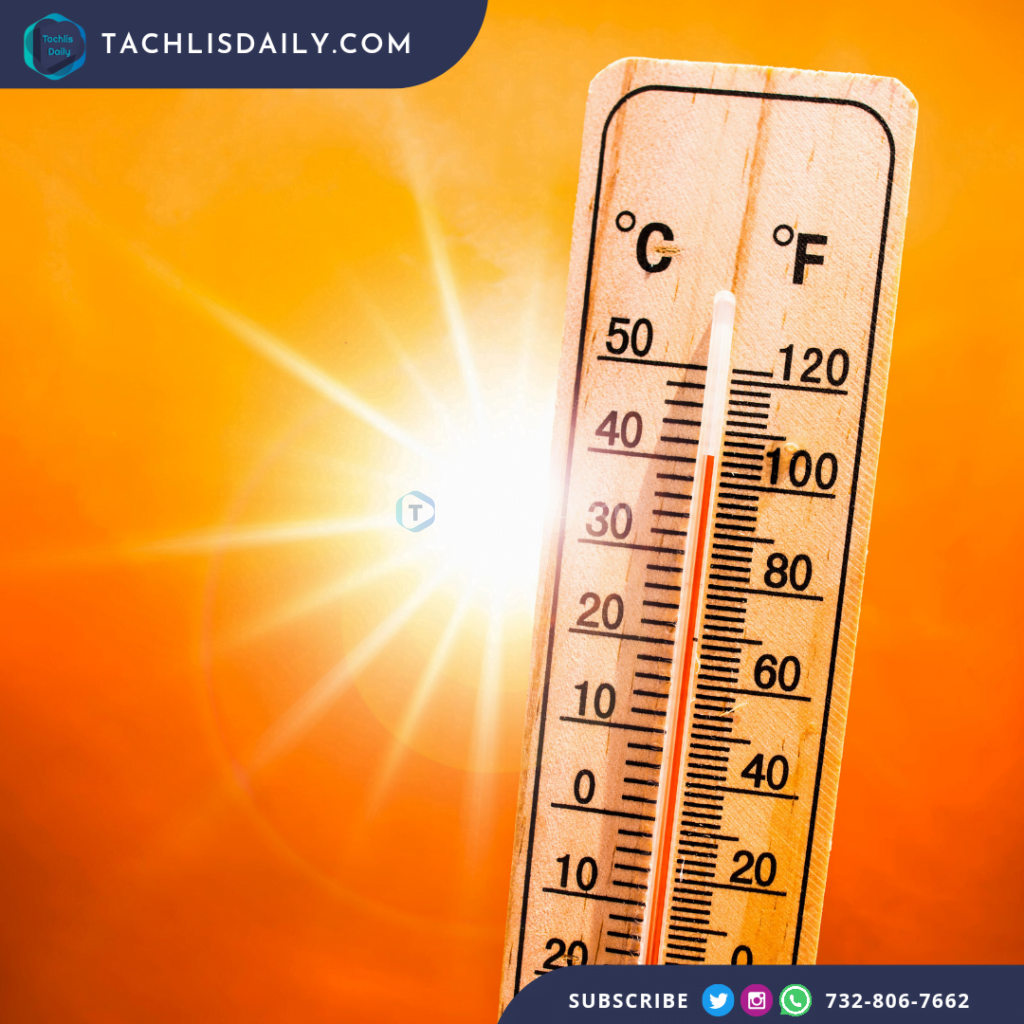A record-breaking heat wave sweeping across the eastern United States has prompted the largest regional power grid operator, PJM Interconnection, to declare an energy emergency alert. The unprecedented surge in temperatures is expected to drive electricity demand to levels not seen in over a decade, raising serious concerns about grid stability and the potential for blackouts.
PJM Interconnection, which manages the power supply for approximately 65 million people across 13 states from the mid-Atlantic to parts of the Midwest, has issued a Level 1 Energy Emergency Alert ahead of Monday, June 23. Forecasts indicate that power usage will soar past 160 gigawatts in the afternoon an amount not recorded since July 2011. This spike in consumption is being fueled by an overwhelming need for air conditioning and cooling systems as millions of residents seek relief from dangerous temperatures.
In response to the projected strain, PJM has also called a “maximum generation emergency,” a rare measure that signals all available electricity generation resources must be deployed to prevent a system overload. This includes bringing online additional backup generation, requesting reduced consumption from industrial clients, and potentially implementing rolling blackouts if necessary.
The current situation underscores the growing vulnerability of aging infrastructure in the face of intensifying climate extremes. While summer heat waves are not new, their increasing frequency and intensity driven in part by climate change are pushing energy systems beyond their designed capacity. In urban areas where heat is often trapped by concrete and asphalt, the risk to public health is especially acute.
Officials are urging residents in affected regions to conserve electricity during peak hours by setting thermostats higher, turning off unnecessary lights, and delaying the use of major appliances. Local governments are also opening cooling centers to provide relief for those without adequate air conditioning, especially the elderly and medically vulnerable.












